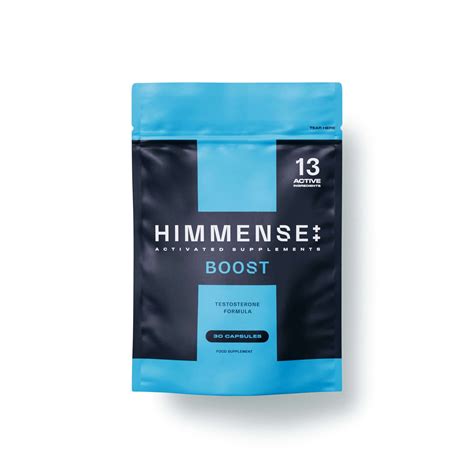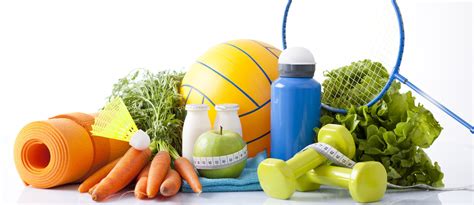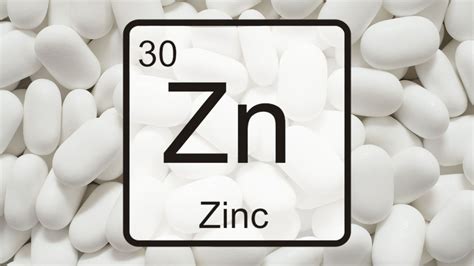Optimize men’s health: What specific diet changes boost energy & natural testosterone?

Optimizing men’s health goes beyond hitting the gym; what you put on your plate plays a profound role in your energy levels, mood, and even your hormonal balance, particularly natural testosterone production. A well-designed diet can be a powerful tool to revitalize your body from the inside out.

The Foundation: Macronutrient Balance
The right balance of macronutrients – fats, proteins, and carbohydrates – is crucial for sustained energy and optimal hormone function.
Healthy Fats: Your Hormonal Allies
Forget the old fear of fats; healthy fats are essential for testosterone production and overall cellular health. Cholesterol, a precursor to testosterone, comes from dietary fats. Incorporate sources like avocados, olive oil, nuts (almonds, walnuts), seeds (chia, flax, pumpkin), and fatty fish (salmon, mackerel). These also provide vital omega-3 fatty acids, which reduce inflammation and support cardiovascular health.
Quality Protein: Building Blocks for Everything
Adequate protein intake supports muscle mass (which influences testosterone), satiety, and a steady energy supply. Opt for lean protein sources such as grass-fed beef, organic chicken, eggs, wild-caught fish, legumes, and Greek yogurt. Aim for protein with every meal to stabilize blood sugar and fuel your body efficiently.

Complex Carbohydrates: Sustained Energy, Not Spikes
While often demonized, complex carbohydrates are vital for sustained energy, especially if you’re active. They provide the glucose your body needs without the rapid blood sugar spikes and crashes associated with refined carbs. Choose whole grains like oats, quinoa, brown rice, whole-wheat bread, and starchy vegetables such as sweet potatoes and butternut squash.
Micronutrients for Male Vitality
Beyond macros, certain vitamins and minerals are critical for energy metabolism and testosterone synthesis.
Zinc: The Testosterone Mineral
Zinc is a powerhouse mineral directly involved in testosterone production and immune function. Deficiencies can lead to lower testosterone levels. Excellent sources include oysters (one of the richest sources), red meat, poultry, pumpkin seeds, lentils, and chickpeas.
Vitamin D: The Sunshine Vitamin’s Role
Often referred to as a pro-hormone, Vitamin D plays a significant role in testosterone regulation. Many men are deficient. Get it from sun exposure (safely), fatty fish like salmon and tuna, fortified dairy products, and egg yolks.

Magnesium: For Energy and Muscle Function
Magnesium contributes to over 300 enzymatic reactions in the body, including those for energy production and muscle function. Low magnesium is linked to lower testosterone. Increase your intake with leafy green vegetables (spinach, kale), nuts (almonds, cashews), seeds, legumes, and dark chocolate.
B Vitamins: Energy Production Powerhouses
The B-vitamin complex (B6, B12, folate, etc.) is essential for converting food into energy. They support metabolism and reduce fatigue. Find them in whole grains, eggs, lean meats, poultry, leafy greens, and legumes.
Foods to Prioritize for Peak Performance
- Leafy Greens (Spinach, Kale, Broccoli): Rich in magnesium, vitamin K, and nitrates for blood flow.
- Berries (Blueberries, Raspberries): Packed with antioxidants to combat oxidative stress.
- Garlic & Ginger: Known for anti-inflammatory properties and potential to support testosterone.
- Cruciferous Vegetables (Broccoli, Cauliflower): Contain compounds that help metabolize estrogen, potentially balancing hormones.
- Fatty Fish (Salmon, Mackerel): Excellent sources of Omega-3s and Vitamin D.
- Nuts & Seeds: Provide healthy fats, zinc, magnesium, and protein.

What to Limit or Avoid
Just as important as what you add is what you remove. To optimize energy and testosterone, minimize:
- Processed Foods: High in unhealthy fats, sugar, and sodium, which can lead to inflammation and hormonal disruption.
- Excessive Sugar: Leads to blood sugar crashes and can negatively impact insulin sensitivity and testosterone.
- Unhealthy Fats (Trans Fats, Excessive Saturated Fats): Found in fried foods, baked goods, and some processed snacks, these contribute to poor cardiovascular health and inflammation.
- Excessive Alcohol: Can impair testosterone production and liver function.

Hydration: Often Overlooked, Always Essential
Don’t underestimate the power of water. Proper hydration is critical for energy levels, metabolic function, and nutrient transport. Aim for at least 8-10 glasses of water daily, more if you’re active.
Conclusion
Optimizing men’s health, energy, and natural testosterone levels through diet is a holistic journey. By focusing on a balanced intake of healthy fats, quality proteins, complex carbohydrates, and crucial micronutrients like zinc, vitamin D, and magnesium, you can significantly enhance your vitality. Pair these dietary changes with regular exercise and adequate sleep for a comprehensive approach to male wellness.









